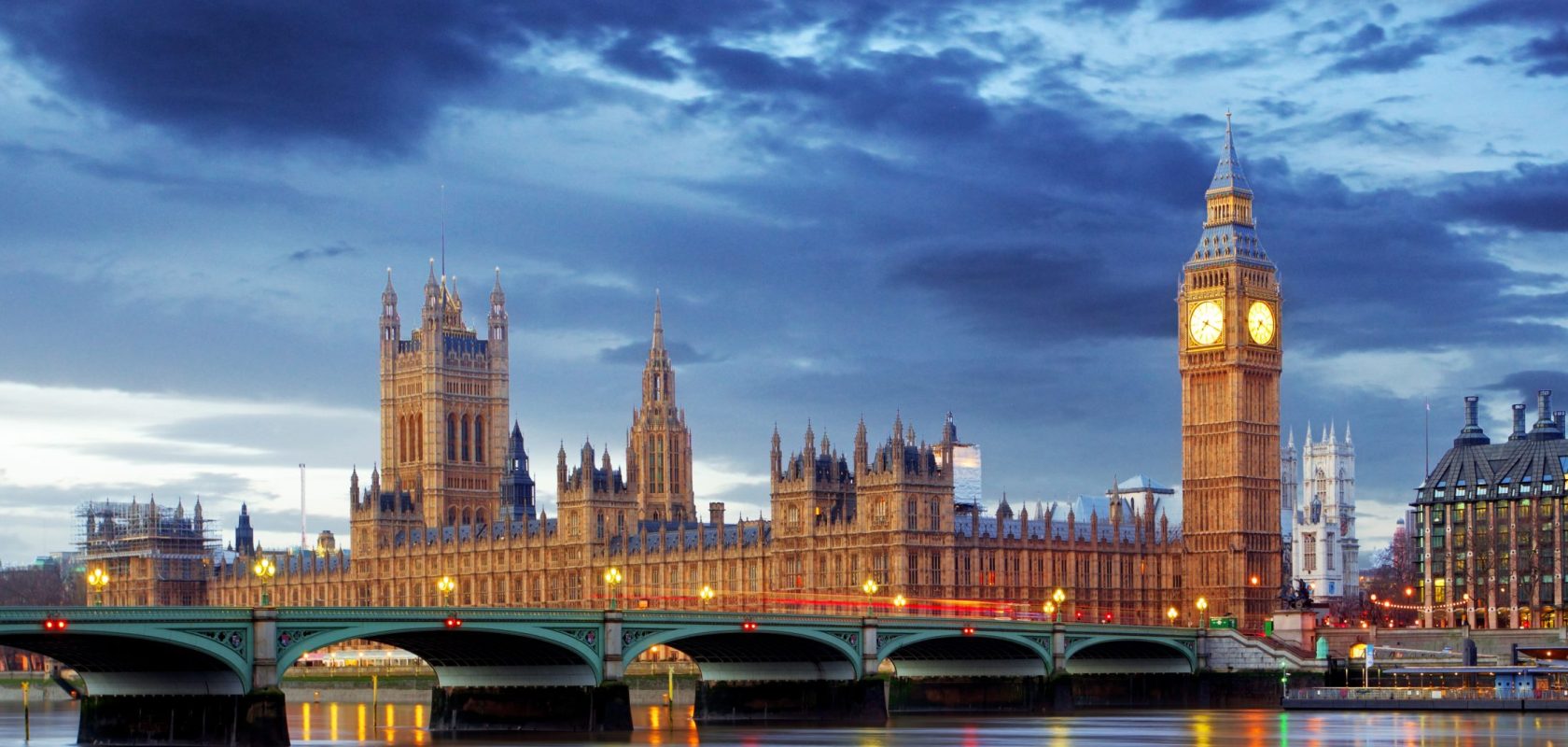The full report is available here and Londonwide LMCs’ comment on it can be found here, including links to our submission of evidence.
Summary and key points
- GPs are ‘expected’ to manage and coordinate ‘increasingly complex care’, but do not have the resources, infrastructure and authority that this requires, the report noted.
- Report highlights overall NHS shortfall of £37bn of capital investment which ‘could have rebuilt or refurbished every GP practice in the country’.
- ‘Care should be delivered in the community’, closer to where people live and work, and that hospitals ‘should be reserved for specialist care’.
- It said that there must be ‘a shift’ in the distribution of resources towards community-based primary care services.
- Highlighted that with primary care doing more work for a lesser share of the NHS budget, he heard ‘significant irritation felt by GPs’ who perceive that ‘more and more tasks are being shifted from secondary care back to primary care’, with a ‘never-ending flow’ of letters demanding follow-ups and further investigations.
- Report mentioned GP practices have ‘the best financial discipline in the health service family’ as they cannot run up large deficits in the belief that they will be bailed out.
- GPs ‘are seeing more patients than ever before’, but with the number of fully qualified GPs relative to the population falling, waiting times are rising and patient satisfaction is ‘at its lowest ever level’.
- ‘More recent buildings are bedevilled by problems with the management of LIFT (PFI-type) schemes that give GPs too little control over their space and that some GPs described as having charges that are unreasonably high during visits to the frontline as part of the investigation.’
Source: Pulse.
Some general key points from the report:
- The health of the nation has deteriorated, with more years spent in ill health. Contributing factors – over the past 15 years – include poor quality housing, low income, and insecure employment. The result is the “NHS has faced rising demand for healthcare from a society in distress”.
- There has been a “surge” in multiple long-term conditions, including a rise in poor mental health among children and young people. Fewer children get their vaccines and fewer adults now participate in things such as breast cancer screening.
- Waiting times targets are being missed across the board, including for surgery, cancer care, A&E and mental health services. “Long waits have become normalised” and “A&E is in an awful state”.
- People are struggling to see their GP. “GPs are seeing more patients than ever before, but with the number of fully qualified GPs relative to the population falling, waiting times are rising and patient satisfaction is at its lowest ever level.”
- Cancer care still lags behind other countries and cancer death rates are higher than in other countries. There was “no progress whatsoever” in diagnosing cancer at stage I and II between 2013 and 2021. However, more recent figures show some improvement.
- Progress in cutting death rates from heart disease has stalled while rapid access to treatment has deteriorated.
- The NHS budget “is not being spent where it should be” and too great a share is being “spent in hospitals, too little in the community, and productivity is too low”. Too many hospital beds are taken up with people needing social care.
- Between 2009 and 2023 the number of nurses working in the community fell by 5%, while the number of health visitors dropped by nearly 20%.
- At the start of 2024, 2.8 million people were economically inactive due to long-term sickness, with most of the rise since the pandemic down to mental health conditions.
- Raids on capital budgets have left the NHS with crumbling buildings and too many outdated scanners, and “parts of the NHS are yet to enter the digital era”.
- The NHS delayed, cancelled or postponed far more routine care during the pandemic than any comparable health system.
- Too many NHS staff are “disengaged” and there are “distressingly high levels of sickness absence”.
Source: Sky News.
Political response
Wes Streeting MP, the Secretary of State for Health and Social Care, said the NHS is in a “critical condition”. In a round of interviews his main lines were:
- The NHS is in a “vicious cycle”, Streeting said, with spending “ballooning”
- The three “big shifts” Streeting said he wants to see in order to fix the NHS are hospital to community care, analogue to digital, and from treating sickness to preventing it
- He confirmed hospitals will receive proportionately less money going forward, with more funding channelled into community services
- He likened recruiting more staff without addressing other issues to hiring more pilots without giving them planes to fly
- The government still plans to continue the former government’s scheme of building dozens of new hospitals, but Streeting said it might take longer
Source: BBC News.

